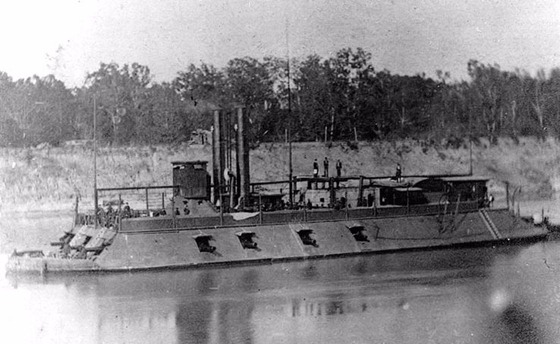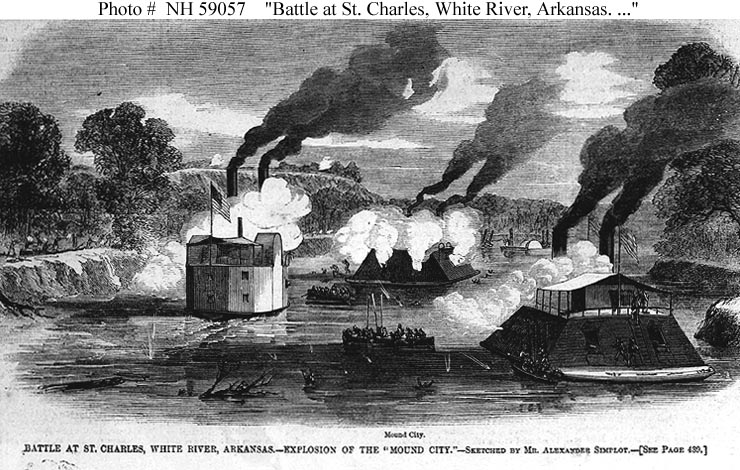[Battle of Secessionville on James Island]
(To John Adams)
Headquarters 2d Division, James Island, June 17th, 1862.
My dear Uncle:
I write to impose a solemn duty upon you, which involves the lives of thousands of brave men.
Brig.-Gen. Benham is a native of the State of Conn., and I understand it is to his native state he owes his present position. There is only one way for the State to atone for so fatal a blunder — only one way to wipe out the obloquy the State deserves at putting such a man in power — and that is to give its weight to his immediate removal. Let there be no mercy shown to one who shows no mercy. He must be crushed at once, or we are all lost, and even as it is, God only knows whether his folly may not involve us in destruction before any action can be taken. I will not enumerate half the examples of imbecility he has shown, or the wickedness of which he has been guilty. The last act is too real. His folly has culminated in one damning enterprise which must make him eternally infamous.
You will learn from the steamer conveying this, of the shocking battle of the 16th. There will be a struggle to suppress the truth, to call fair names, and to shift the responsibility, but the blood of the murdered men cries out for vengeance. This is no rhetoric. It is solemn truth. The ill-fated enterprise to this island has been characterized by the grossest mismanagement, and the men — poor dumb creatures — have had to suffer privation, exposure, and death, where no excuse can be pleaded in extenuation.
On the night of the 15th, Genl. Benham assembled his officers in council. Generals Wright, Stevens and Williams were present. He unfolded to them his plan of taking the Enemy’s Battery by storm. It was in vain that the other officers entered their earnest protest against a needless work of slaughter. It was useless to suggest that his object could be effected in other ways. His decree was absolute that the work must be stormed in front — and for what? Because visions of another Donelson or Newberne had smothered in his breast every sentiment of mercy. A success would be but little gain to the country, but the éclat might make Benham a Major General. Men might die to win a needless victory, could only his foolish vanity be gratified.
His orders were obeyed, and the next morning’s work attests their folly. But even then all might not have been lost, had not his conduct in the field been marked by weakness, vacillation, and imbecility.
When the action was over, Genl. Benham tried to say that it was only a reconnoissance. If this be so, then let us have a General in command who can reconnoitre without the sacrifice of an eighth of the force engaged. 700 killed, wounded, and missing! Let the dead who died nobly have a voice, I say. Let the wounded lying on their beds of pain, plead their sufferings. Let those who lie in the prison houses of the enemy cry all shame, shame to a General who makes such a reconnoissance! We are growing weary of patriotism. We, who would have liked to have died to show our love to our country, begin to sicken at the thought our country loves us so little as to leave our fate to the control of a man already branded … It is as true as Holy Writ that our bravest men will never fight again with Benham in command.
Don’t be deceived by printed reports of what took place on the 16th. It was a terribly disastrous affair, and remember the author of it.
I wish the public safety would allow me to publish to all what I write you. I do not fear the consequences if it be shown boldly to Benham himself. But I beg of you to do what you can in this matter. Press it with Governor Buckingham. Get Dr. Grant to help you. Let the influential men help you, and for God’s sake act quick, or the army here is sacrificed, and we will begin to investigate too late.
I remain,
Affec’y. but sadly, Your nephew,
W. T. Lusk,
Capt. & A. D. C.












